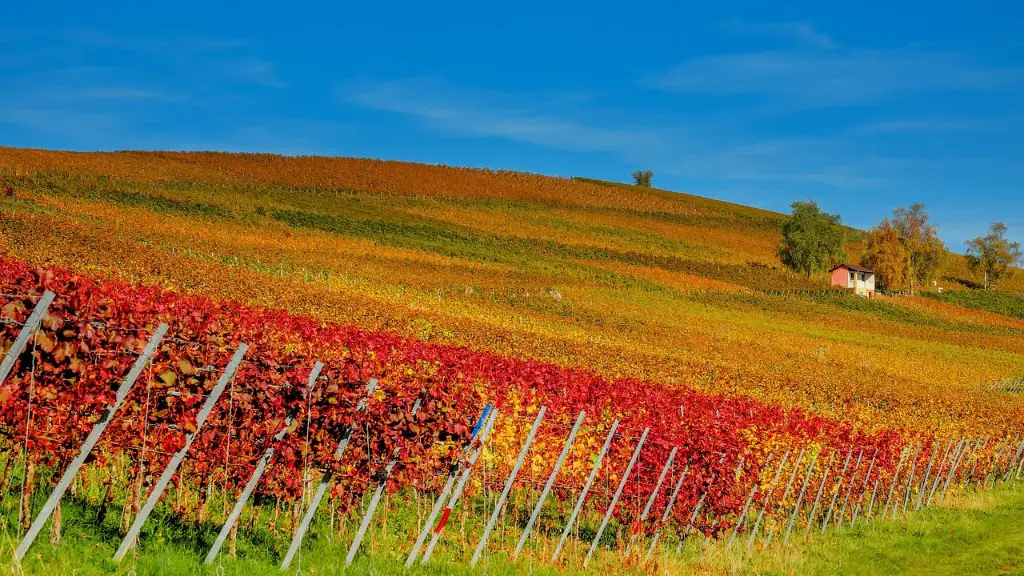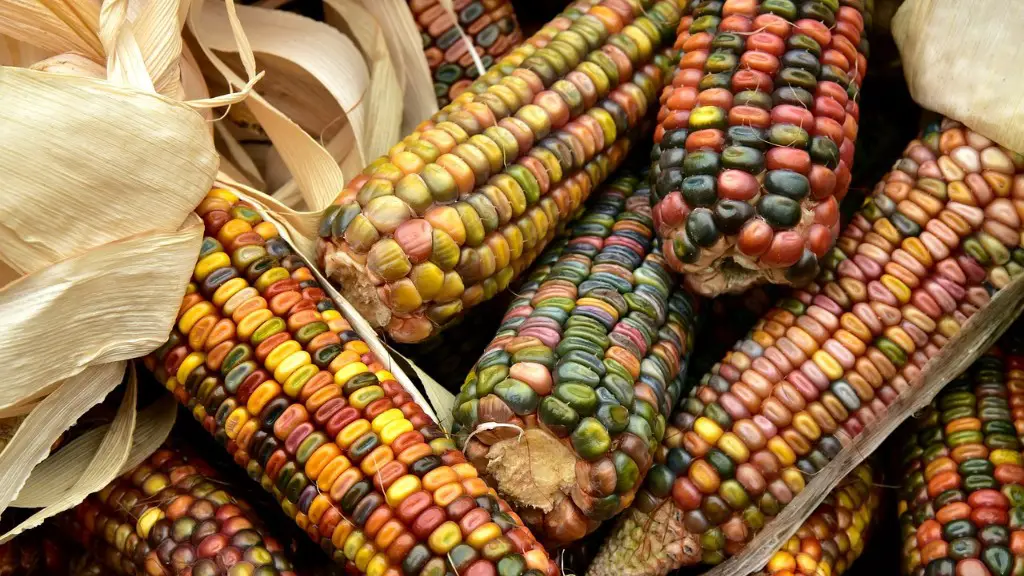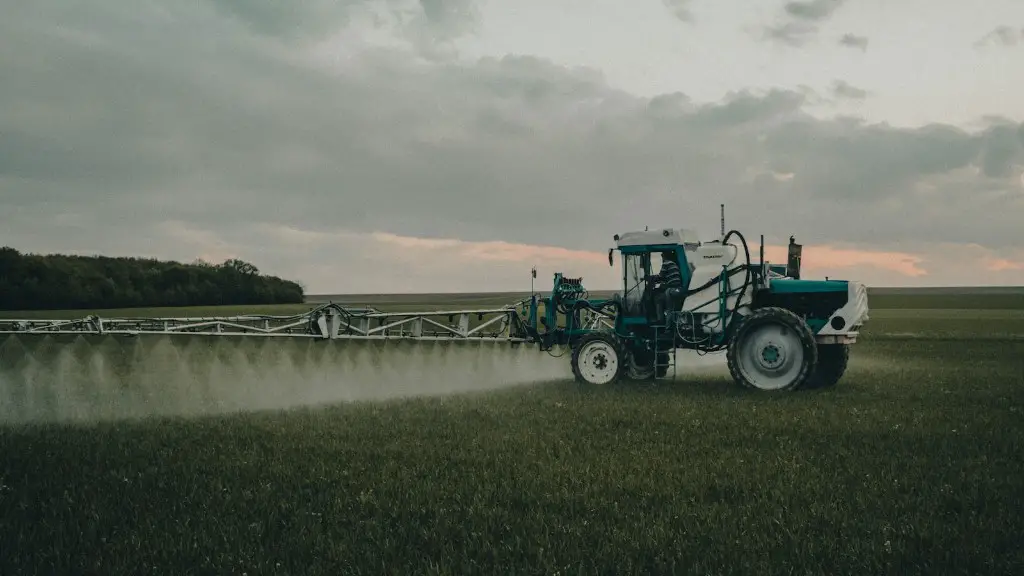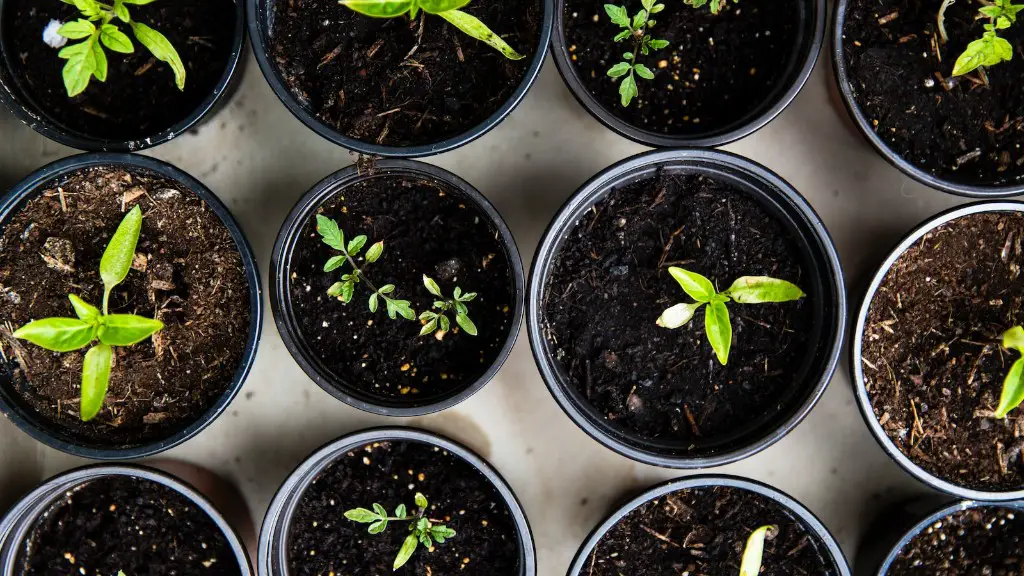In agriculture, you learn how to grow and care for crops and animals. You also learn about the science of farming, including soil management, crop rotation, and animal husbandry. In addition, you learn about the business of agriculture, including marketing, finance, and farm accounting.
In agriculture, you learn about the science and art of cultivating crops and raising livestock. You also learn about the business aspects of running a farm, such as marketing and financial management.
What do you learn studying agriculture?
An agricultural science degree program can be a great way to study food science, animal husbandry, farming, veterinary medicine, and other topics. These programs are commonly offered through agriculture science departments at colleges and universities around the country.
Agricultural education is important for a number of reasons. Our daily needs such as food, clothing, medicine, and even the paper this article was printed on require agriculture. The National FFA is one of the largest youth-led organizations in the United States, and provides educational opportunities and leadership development for students interested in agriculture.
What do you learn in agriculture science
Agricultural Science is a broad program that exposes students to agriculture in terms of the sciences as well as the economic and social science disciplines that are integral to the industry Some aspects that students are exposed to include agricultural production, soil and water conservation, research, and business. Agricultural Science provides students with a well-rounded education that can be applied to a number of different career paths within the agriculture industry.
The agriculture major is not particularly hard. It is not as challenging as STEM and healthcare majors. But since it’s an interdisciplinary field, encompassing anything from biology, chemistry, economics to marketing, agriculture majors have to study very well in order to earn a bachelor’s degree.
Is it hard to study agriculture?
BSc Agriculture is not a tough course. It is a four year course which includes both practical and theoretical aspects of agriculture. The first two years focus on the basic sciences such as biology, chemistry and physics, while the last two years focus on the specific area of agriculture that the student has chosen.
If you’re wondering to yourself, “is agriculture a good major to pursue?”, the answer is absolutely yes! While it isn’t completely necessary to have a degree in agriculture to land many agriculture jobs, it can place you in a better position and opens up other possible opportunities in the industry.
What are 5 important of agriculture?
Agriculture is the backbone of our economy and it is very important for the development of our country. It provides food for the people and raw materials for the industry. It also helps in the development of rural areas. Agriculture is also a source of employment for a large number of people.
It is evident that agriculture has a profound impact on the environment. By increasing biodiversity, we can create a healthier ecosystem that is more resistant to degradation. This in turn will lead to healthier soils, less erosion, better water conservation, and healthier pollinators. In other words, agriculture can be a powerful tool for environmental protection.
What are 3 reasons why agriculture is important
Agriculture is one of the oldest and most important industries in the world. Here are 10 reasons why agriculture is so important:
1. It’s the main source of raw materials: Agriculture is the main source of raw materials for many industries, including food and beverage, textile, paper, and biofuels.
2. It’s important to international trade: Agriculture is a key player in international trade. Countries that are able to export agricultural products can generate significant revenue and help boost their economies.
3. It plays a big role in a nation’s revenue: Agriculture is one of the biggest contributors to a nation’s GDP. In many countries, agriculture is the main source of income.
4. It provides employment: Agriculture employs a significant number of people around the world. In some countries, it is the largest source of employment.
5. It’s crucial to a country’s development: Agriculture is essential for a country’s development. It can help reduce poverty and hunger, and improve a country’s infrastructure and education.
6. It can help heal the environment: Agricultural practices can help heal the environment. For example, farmers can use organic farming methods to improve soil health and reduce pollution.
7. It
There are many different types of agricultural degrees available at the baccalaureate level. Some of the most popular programs include agroecology, food systems, environmental sciences/studies, biological sciences, international development, animal science, nutrition & food sciences, and dietetics, nutrition, and food sciences. Each of these programs offers a unique perspective on the study of agriculture and food production, and can lead to a variety of careers in the field.
What are the 4 types of agriculture?
There are four main branches of agriculture, namely livestock production, crop production, agricultural economics, and agricultural engineering. Each branch focuses on a different aspect of agriculture and plays a vital role in the overall industry.
There’s no shame in an easy college major. In fact, you might be surprised to learn that some of the most popular and well-respected majors are actually quite easy. Here are 16 of the easiest college majors, ranked from least to most difficult.
16. History
With a median SAT score of 1280, history is one of the easiest majors for incoming freshmen. History majors can expect to take classes on everything from ancient civilizations to modern American history. And while there may be a lot of material to cover, history majors typically don’t have to do much writing, making this one of the easier majors out there.
15. Health
Health is another popular major that is also fairly easy. Health majors take classes on topics like human anatomy, physiology, and nutrition. And while health majors do have to take some science courses, they don’t typically have to take as many math or writing courses as other majors.
14. Liberal Arts
Liberal arts is a broad category that encompasses a variety of different majors. majors in the liberal arts typically have to take fewer courses in their major area of study, making it one of the easier majors. In addition, liberal arts majors often have the opportunity to take a lot of elective courses
What do agriculture students do
If you’re interested in pursuing a career in agriculture, you should be aware that you’ll be dealing with various agricultural processes and conditions. This includes everything from cultivating renewable raw materials to producing food for humans and animals. The goal is to produce food efficiently and in an environmentally friendly way. With this in mind, you’ll need to have a strong understanding of plant and animal husbandry, as well as be knowledgeable about overall farm management. With the right skillset, you can pursue a variety of career paths within the agriculture industry.
The length of agricultural studies depends on the university you choose to enroll in. But, typically, you can expect to get a bachelor’s degree within 3 years and a master’s degree within 1/2 to 2 years. For the most ambitious students, a Ph.D. title can be acquired within 2-4 years.
Does agriculture have math?
Mathematics is a critical part of agriculture, whether you are using it to collect and analyze data, optimize growing conditions, or determine yields. The required coursework in this field will give you a strong foundation in the mathematical concepts and methods used in agriculture.
No,Math is not compulsory subject for B.Sc Agriculture,However Biology is mandatory subject to pursue B.Sc in Agriculture.
Final Words
In agriculture, you learn about plants and animal husbandry, as well as soil science and management. You also learn about agronomy, which is the study of how to grow crops, and horticulture, which is the study of how to grow fruit and vegetables.
In conclusion, you learn a lot about agriculture when you take classes on the subject. You learn about the different types of crops and how to care for them, as well as the different types of animals that are used in agriculture. You also learn about the business side of agriculture, and how to run a farm.





